By Amadi Chimaobi Kingsley
SET to premiere at the 2025 12th edition of the Nollywood Week Film Festival in Paris, ‘After 30’ picks up where the original series left off, digging into the complex, often chaotic beauty of life after 30. As the women navigate love, ambition, motherhood, regrets, and rediscovery, their friendship remains the thread tying it all together.
The film, which brings back the original cast – Damilola Adegbite, Beverly Naya, Meg Otanwa, and Anee Icha, explores the lives of four women as they navigate love, motherhood, ambition, and personal growth in their 30s.
Directed by Omorinsojo Spaine and co-written by Spaine, Bibi Ukpo, and BB Sasore, after 30 challenges societal pressures on women, particularly the belief that one’s worth is tied to marriage before a certain age. Instead, it centres on friendship, rediscovery, and defining success on your terms.
The film continues the journey of four close friends in Lagos, nearly a decade after Before 30 first captured hearts online. Where the original series dealt with the pressure to marry before hitting 30, this sequel digs deeper into the quiet battles and bold dreams that come after.
Also to screen at Cinema L’Arlequin between May 7 and 11, After 30 is part of a powerful lineup celebrating Nigerian storytelling and continues to be a vital platform for showcasing Nigerian storytelling to international audiences, and After 30 fits neatly into its mission.
Set in Lagos, the story remains rooted in familiar terrain but takes a deeper dive into the internal journeys of its characters. There are no dramatic overhauls or forced reinventions, just four women facing the consequences and possibilities of choices made and paths taken.
In many parts of the Nigeria, single women face pressure to marry, often from a young age. Cultural expectations, like a mother critiquing her teenage daughter’s sweeping with, “Is this how you’ll make sweep in your husband’s house?” frame marriage as something every woman should aspire to, look forward to.
The 2015 series Before 30 captured this urgency, following four friends in Lagos and how they deal with these expectations before turning 30, in a city brimming with love and lust.
In After 30, the stakes are more introspective, as we are drawn into quiet battles and bold dreams that define womanhood beyond societal deadlines. The four friends, now older and perhaps wiser (I’ll leave you to be the judge of that) face challenges that test not only their enduring bond but also their individual senses of self. The film explores how these women confront their evolving personal aspirations while offering a reflection on the complexities of female friendship in a new chapter of life.
Female friendship has always been a staple trope even in old Nollywood films where they were usually sidelined, often serving as backdrops to romantic or familial drama—think of the gossipy sidekicks or scheming rivals in films like Glamour Girls (1994). These portrayals leaned on stereotypes, with women pitted against each other or relegated to superficial banter. Fast forward to modern Nollywood, and the trope has evolved into a richer, more central narrative force. Films like last year single, (2020) unmarried (2020), Smart Money woman (2020), and Flawsome (2022) showcase women as complex allies, navigating love, ambition, and societal pressures together.
Although ‘After 30’ doesn’t particularly bring anything new that we haven’t seen with the female friendship trope, it pushes this trope further by grounding the women’s friendship in an introspection that seeks to define these women by more than just the effortless chemistry that exists between our charming lead actors. Or their marital aspirations. It’s even less about a bunch of women defying the patriarchal system and refusing to be dependent on men but more about women quietly carving out their truths, exploring their body, their inner longings, hence giving it a sharper commentary on the female experience than its glossier peers.
Damilola Adegbite as Temi, the high-powered lawyer is still beguiled by Ayo (OC Ukeje) after all these years that she allows him into a love triangle game with the sequel’s newcomer, Kunle (an underused Samuel Asa’ah). Her friends say Ayo is her mumu button and boy are they right?
A puzzling question if i must ask is, how come Temi, who is a brilliant and successful lawyer, was shivering, allowing herself to be intimidated by some lousy police officers? Couldn’t she at least question them or something when they accused her of prostitution, or does the writer want Ayo to step in and save the day? Doesn’t make sense to me.
Nkem (Beverly Naya) is successful as an investment banker, but continues her sex-ploration, but only this time with a fierce hunger for motherhood. Did she finally become a mother???find out??
Speaking of motherhood, Aisha (Meg Otanwa) is suffocating silently under the weight of societal expectations of a mother and there’s only so much she can give from her well of endurance.
This is the second time I’m seeing Meg Otanwa play the role of a mother who went through postpartum depression. The first was in For Maria Ebun Pataki. And she does this with so much precision, like it’s a lived experience for her.
I was impressed with Meg Otanwa’s polyglot skill coming through. The actress speaks about 6 languages. And she spoke 3 different languages fluently in this movie…. Bravo girl!
Poor Ama (Anee Icha), thanks to a generous inheritance from a wealthy godmother, she could be set for life with freedom to explore her new hobby and maybe give love a shot especially with the introduction of our second major newcomer, Alice (Celestina Aleobua) whose character adds a layer of complexity to Ama’s.
While it doesn’t aspire to be called a feminist work, After 30 interrogates feminist issues that most female- centric titles won’t, especially with how it questions what motherhood is–an aspiration or devotion? In this film, one woman’s aspiration to motherhood shines light on another woman’s devotion to it. Perhaps this is sheer coincidence, or perhaps it is the writer’s deliberate choice to examine this subject by drawing parallels. The screenplay’s exploration of same sex relationships is coy and bold at the same time without falling into the risk of being crudely insensitive or the mindless caricature that other works that manage to approach the topic does.
After 30 was full of flawed and clumsy writing, jogging between raunchy scenes, good humor, serious drama and few heartwarming moments until the story awkwardly takes a whiplash turn in its final half-hour, where these women are forced to confront difficult truths.
The film’s premises are rooted in the quiet yet powerful realities of womanhood after societal deadlines have passed. What happens when you don’t get married before 30? What if you did, and it didn’t work out? What if your dreams are not what you expected??
While Before 30 concluded with more questions than answer, it retained an earnest appeal. In contrast, after 30 she only makes a concerted effort to gloss over her film’s shortcomings without addressing the narrative issues in the film, resulting in a polished makeover of the original series but with a hollow experience, nonetheless.


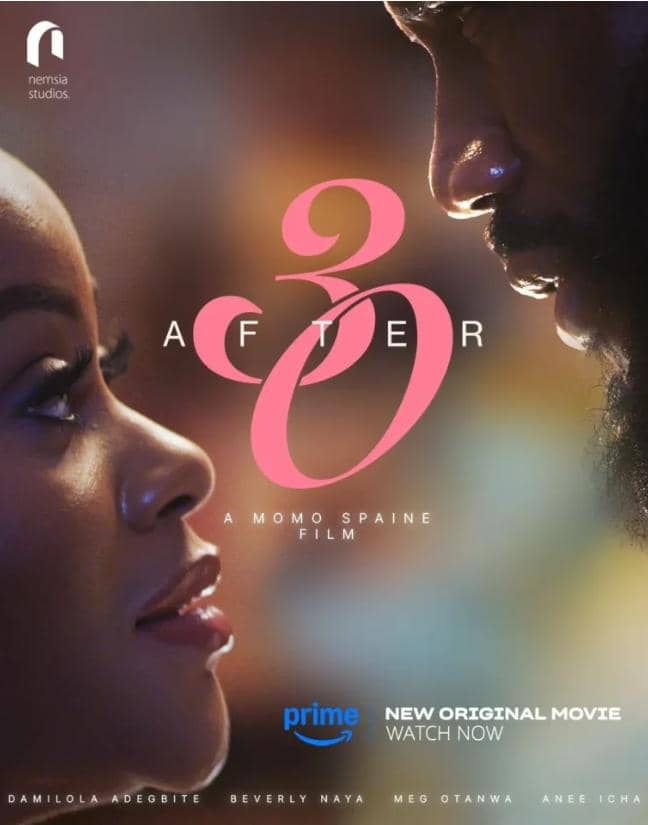
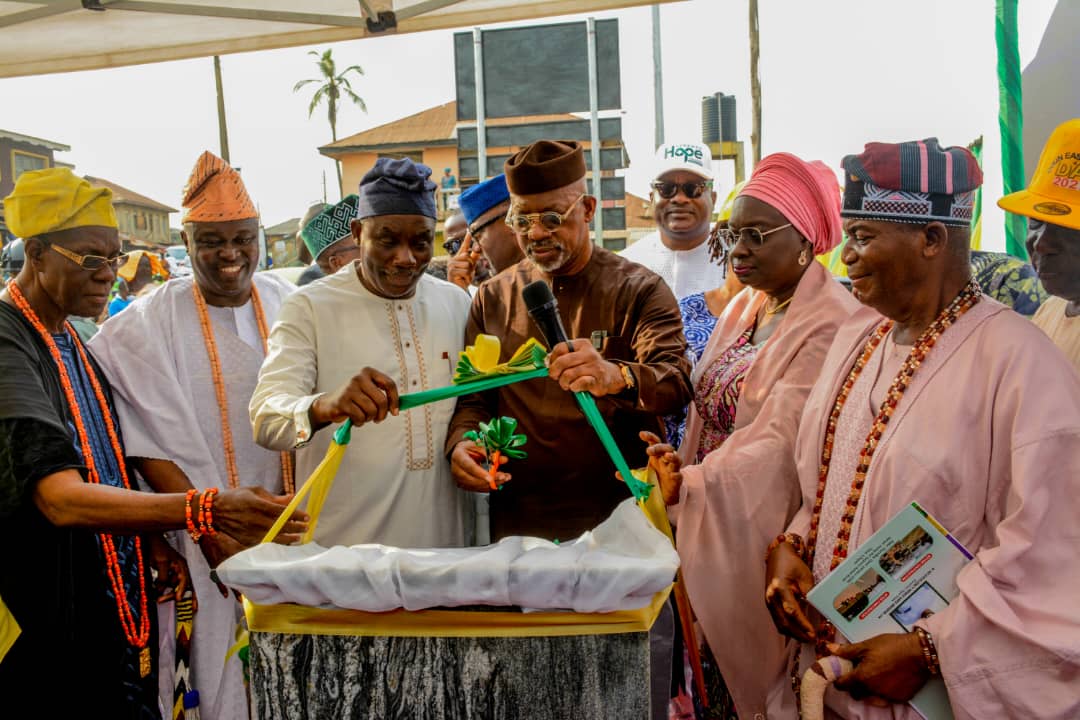
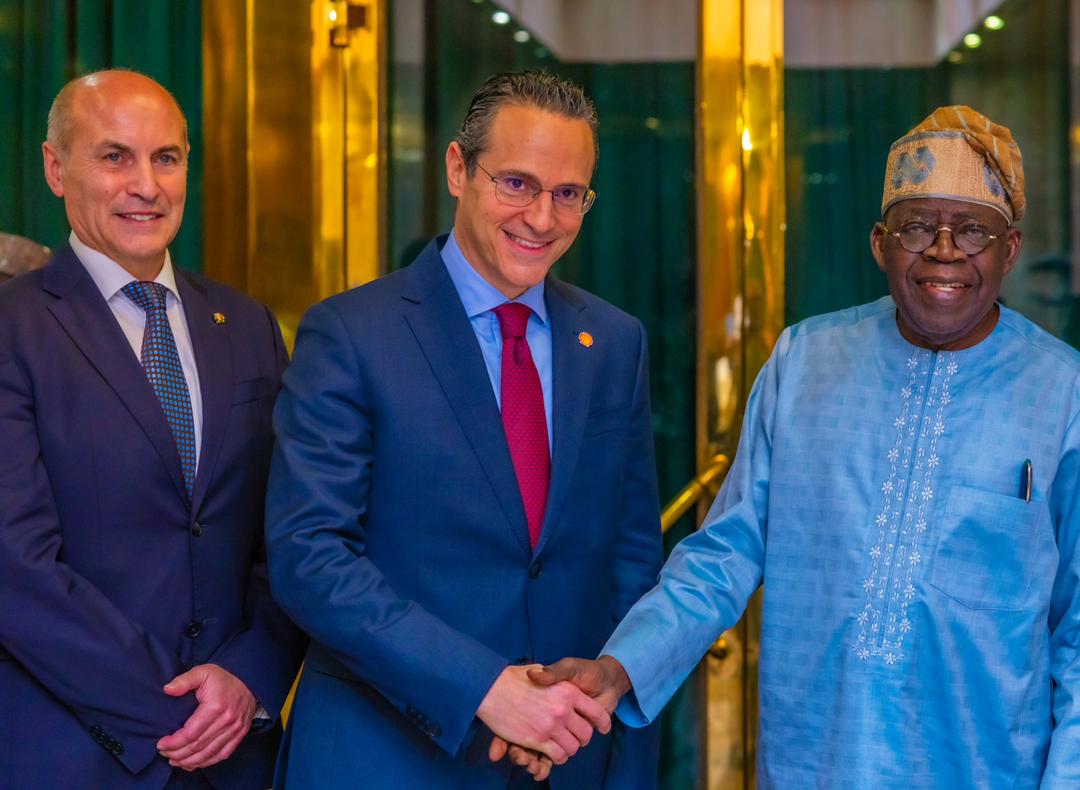

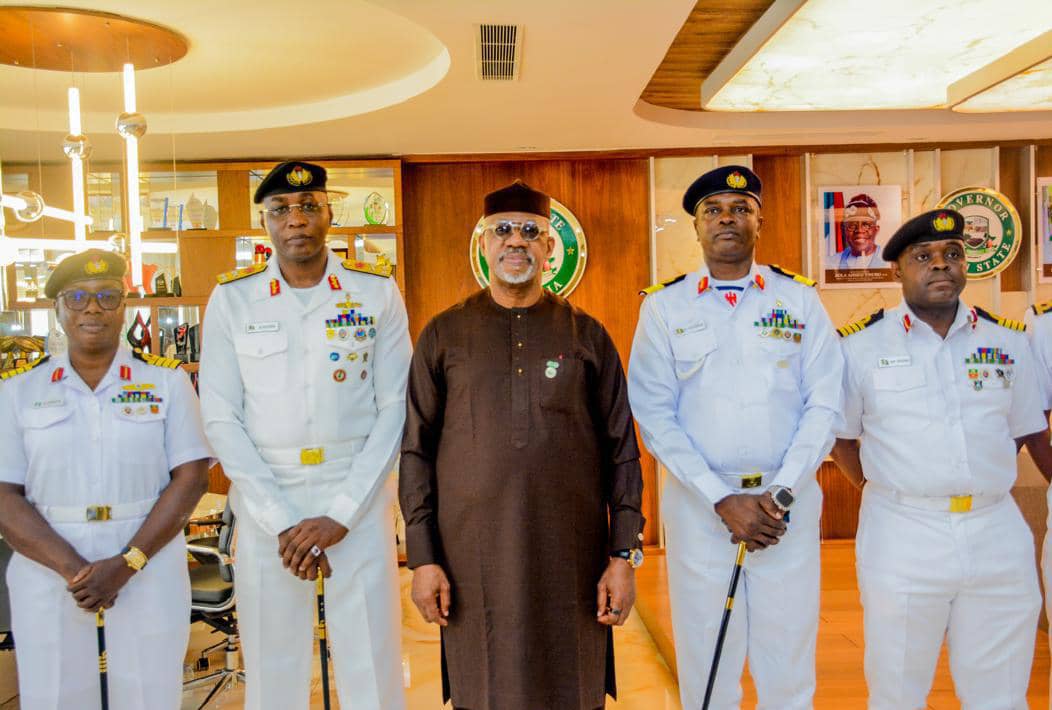
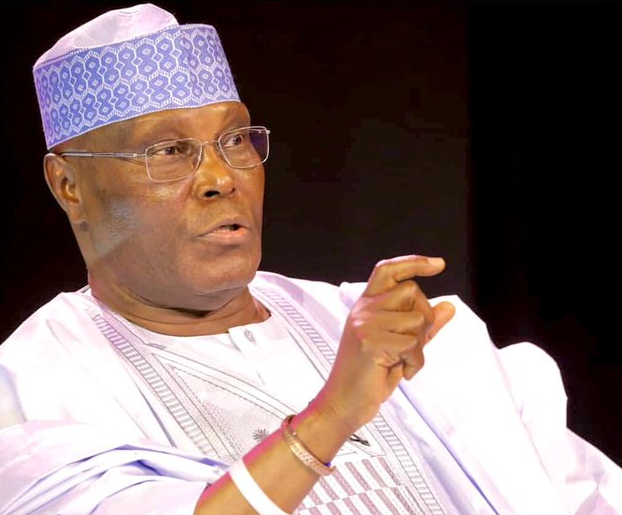
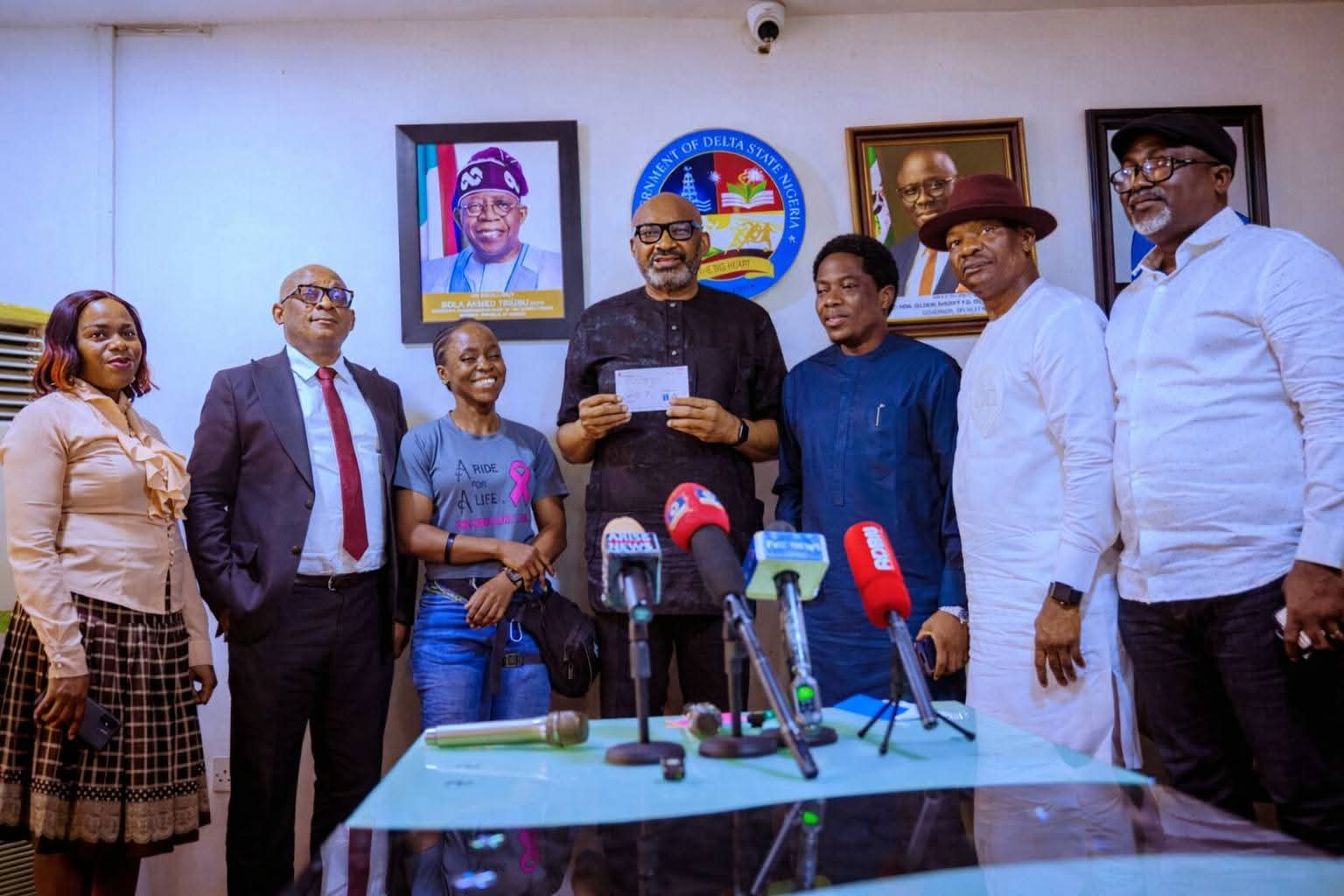


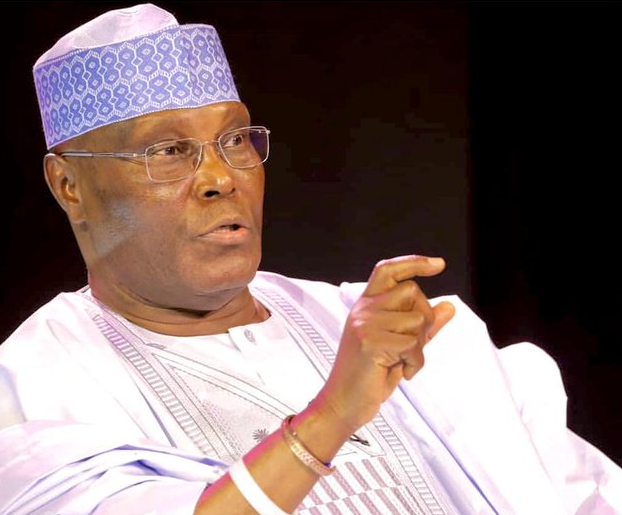
Leave a Reply